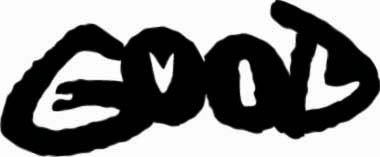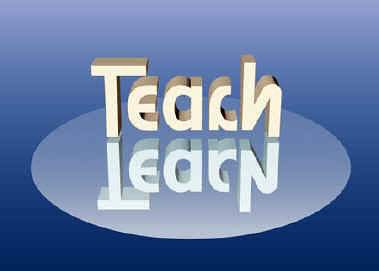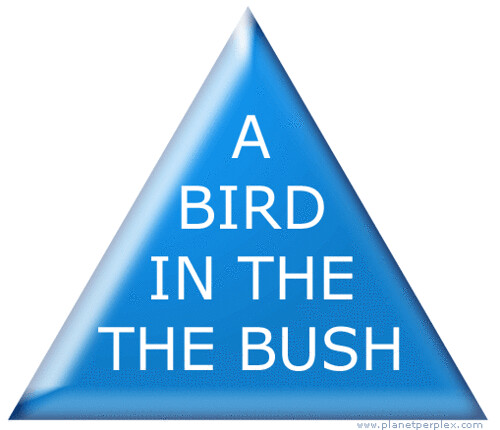Philosophy and the most fundamental questions..!!

Logic: What makes for good thinking? When can I say for sure that something just does not make sense? How can I think critically about complicated arguments? What makes a good argument?
Epistemology: What is the nature of knowledge? How do we come to know what we know? What are the limits and scope of knowledge? How can we know that there are other minds (if we can)? How can we know that there is an external world (if we can)? How can we prove our answers? What is a true statement? What methods are there to answer fundamental questions?
Metaphysics: What sorts of things exist? What is the nature of those things? Do some things exist independently of our perception? What is the nature of space and time? What is the relationship of the mind to the body? What is it to be a person? What is it to be conscious? Is there a god? Does God exist? Is there only the material realm?
Ethics: Is there a difference between ethically right and wrong actions (or values, or institutions)? If so, what is that difference? Which actions are right, and which wrong? Do divine commands make right acts right, or is their rightness based on something else? Are there standards of rightness that are absolute, or are all such standards relative to particular cultures? How should I live? What is happiness? What will I do under specific circumstances and why?
Aesthetics: What is art? What is beauty? Is everything that is beautiful art? Is there a standard of taste? Is art meaningful? If so, what does it mean? What is good art? Is art for the purpose of an end, or is "art for art's sake?" What connects us to art? How does art affect us? Is some art unethical? Does art have limits? Can art corrupt or elevate societies?
Think about all these things my dear friends..
We will discuss further...!!
Regards,
Satheesh
Data Source: Wikipedia
Picture Source:Dept. of Philosophy, William Paterson University, Wayne, NJ 07470, USA.







